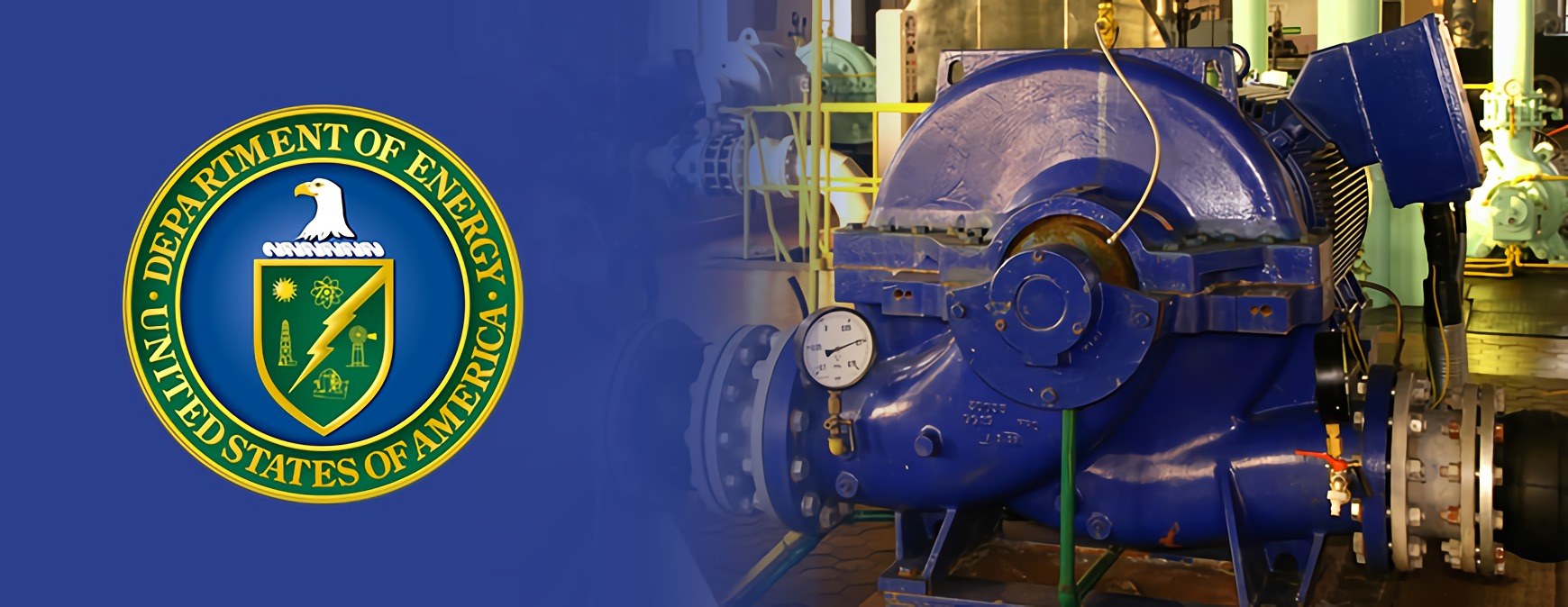
The Department of Energy (DOE) recently enacted new efficiency standards for the types of water pumps used to circulate cold and hot water in commercial HVAC systems. 1
But you’ve only started working toward your mechanical maintenance degree, so why should you care?
The truth is, anyone who wants to work in mechanical maintenance needs to keep up with mandates changes to equipment designs. New changes means new ways of working and new regulations to adhere to.
What Are the New DOE Efficiency Standards?
New government regulations often come with a lot of details. Skip the filler by reading this cheat sheet about the new DOE efficiency standards for water pumps.
What Are the New Standards?
Under the DOE’s Energy Conservation Standard for Clean Water Pumps, manufacturers must redesign the least efficient water pumps to reduce the amount of energy they lose during operation. 2
Get Started on the Path to a New Career
Fill out our form to learn how we can help you change your life.
Which Water Pumps Are Impacted?
About 25 percent of the clean water pumps on the market today would not meet the DOE’s new standards.
Specifically, five classes of rotodynamic pumps between 1 and 200 horsepower must be redesigned. They are all clean water pumps with municipal, commercial, agricultural and industrial applications. 3
Students in a mechanical maintenance training program will most likely be concerned with the pumps used in commercial HVAC systems. 4
How Will Energy Efficiency Be Measured?
In order to measure the energy efficiency of the redesigned water pumps, the DOE created the Pump Energy Index (PEI), which “is a ratio of the representative performance of the pump being rated over the representative performance of a pump that would minimally comply with any prospective DOE energy conservation standard for the pump type.”
The new standards require water pumps to have a PEI of less than or equal to 1.00. 5
When Do the Standards Take Effect?
Manufacturers must comply with the standards by January 2020. 6
Why Are the New DOE Efficiency Standards Important?
What makes the new water pump efficiency standards so important are their environmental and economic benefits.
Environmental Benefits
The new regulations target two types of environmentally harmful emissions:
- Carbon dioxide (CO2): CO2 contributes to global warming.
- Nitrogen oxide (NOx): NOx causes smog and acid rain. 7 8
Under the DOE’s primary estimate of the annual benefits, the new standards could save between $91 and $113 million in CO2 emission reductions. Between $3.7 and $5.4 million could be saved in NOx emission reductions.
Economic Benefits
By the DOE’s primary estimate of the annual benefits and costs of the new efficiency standards, consumers would pay $17 million a year in incremental equipment costs and save between $58 and $78 million in operating expenses. 9
Keeping Up With Innovation
Innovation is common in the HVAC industry, especially to improve the energy efficiency of equipment to meet new government regulations and customer demands.
Staying informed of system design changes helps prepare young HVAC and maintenance professionals in the field to figure out better ways of saving energy, reducing maintenance and extending the life of the components for their clients.
Helping customers spend energy more responsible is integral to the HVAC professional’s job. Read our energy-saving tips on heating, cooling and water usage that you can share with future customers to help them cut down on maintenance expenses and hassles.
Additional Sources
1 – http://www.waterworld.com/articles/2016/01/doe-issues-pump-efficiency-standards.html
2 – http://www.achrnews.com/articles/135044-what-young-pros-should-know-before-entering-the-pump-industry
3 – http://www.achrnews.com/articles/135044-what-young-pros-should-know-before-entering-the-pump-industry
4 – http://www.waterworld.com/articles/2016/01/doe-issues-pump-efficiency-standards.html
5 – http://www.achrnews.com/articles/135044-what-young-pros-should-know-before-entering-the-pump-industry
6 – http://www.achrnews.com/articles/135044-what-young-pros-should-know-before-entering-the-pump-industry
7 – https://www.epa.gov/ghgemissions/overview-greenhouse-gases
8 – https://www3.epa.gov/ttncatc1/dir1/fnoxdoc.pdf
9 – https://energy.gov/sites/prod/files/2015/12/f28/Pumps%20ECS%20Final%20Rule.pdf (page 19)
This blog has been labeled as archived as it may no longer contain the most up-to-date data. For a list of all current blog posts, please visit our blog homepage at https://www.rsi.edu/blog/

